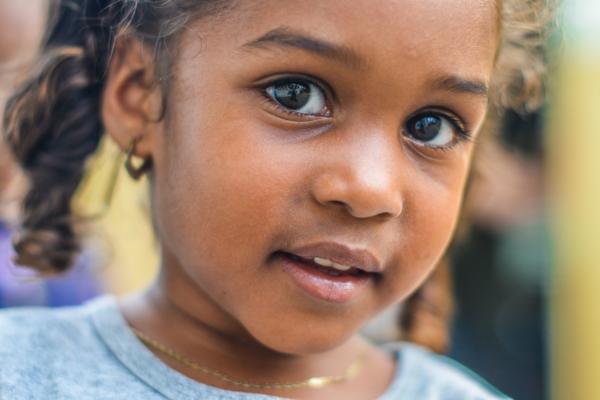What is fostering?
Fostering
is caring for vulnerable children in your home. There are many different kinds of fostering, offering a variety of suitable placements for children and young people. Find out more about different kinds of placement here.
Understanding fostering: Simon's story
The role of a foster carer
A foster carer looks after children on behalf of the local authority (which can also be called social services, and the health and social services trust in Northern Ireland), either as a local authority carer or as a carer for an independent fostering agency (IFA). When a child comes into the care of the local authority, social workers will seek to find the best possible placement for them, considering the child’s needs and support requirements – if they do not have suitable carers available from within the local authority they will approach an appropriate IFA.
In some cases, birth parents have agreed to their children being in
foster care for a time so the local authority may share parental
responsibility with the child’s birth parents, in other cases the local
authority will have obtained a court order to give them full parental
responsibility. Either way, a foster carer does not hold direct parental responsibility for the children in their home.
Fostering finances
All foster carers receive a fostering allowance that covers the cost of caring for a fostered child. These vary widely, but should always be at least the national recommended minimum, though some agencies offer more than this. There may also be additional allowances for children with particular needs.
The fostering allowance may be accompanied by an additional ‘fee’ or ‘reward’ for the foster carer, but this varies from agency to agency and for particular types of caring. There are also additional tax exemptions and reliefs for
foster carers.
More information can be found on the Government website here, and it is appropriate (and expected) to ask about what allowances are offered by your local authority or IFA when you enquire.
What happens next for children in foster care?
Foster carers do not have direct input into the plan for the children in their care, although they are included in the regular LAC (looked after child) reviews, where all those involved in the child’s care discuss the current care plan and intentions going forward. Ultimately though, social workers will make plans and decisions, which must then be approved by a judge in the family court.
The initial plan will often be for the child to return to their birth parents, when this is safe and in the best interests of the child, and social workers will support birth parents to be able to cafe for their child. Where it is deemed not suitable for a child to return to the birth parents, social workers may consider members of the extended birth family or family friends to see if they are able to care for the child.
When a child is looked after by a close relative this is known is kinship care. If the carers are not close relatives, this is called private fostering.
In circumstances when children and young people are in a long-term placement through fostering, kinship care or private fostering, carers can go on to apply for a special guardianship order, which means that parental responsibility will transfer to them.
A small proportion of children in care will go on to be placed for adoption. In 2020/21, 3,417 children were adopted in the UK.
If you are considering fostering, we would love to help you explore this further. Contact us through the form below or call our enquiry line on 0300 001 0995 and one of our team will be pleased to talk with you.
Related pages

How to become a foster parent
An explanation of the fostering assessment process in the UK
Read moreI would like to find out what is
going on in my area







